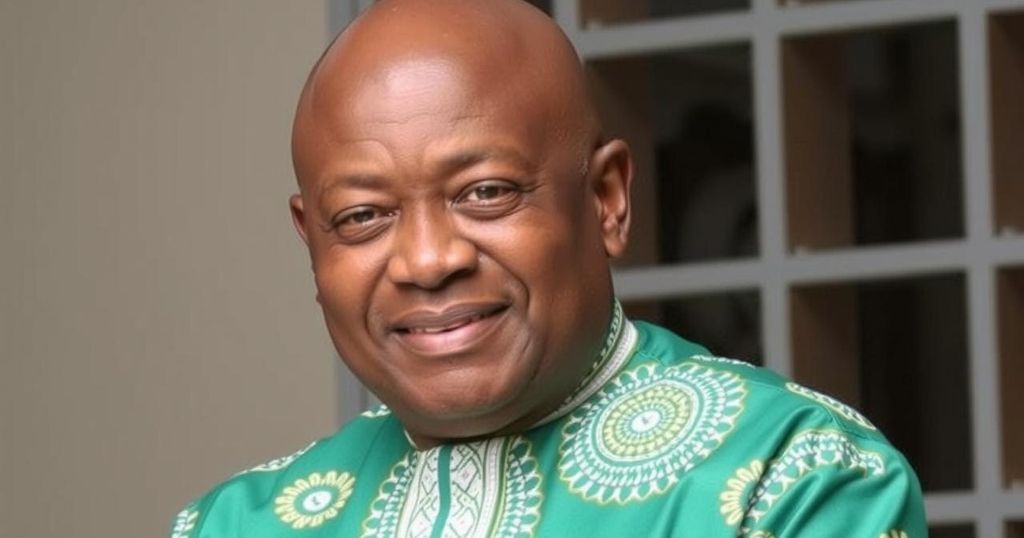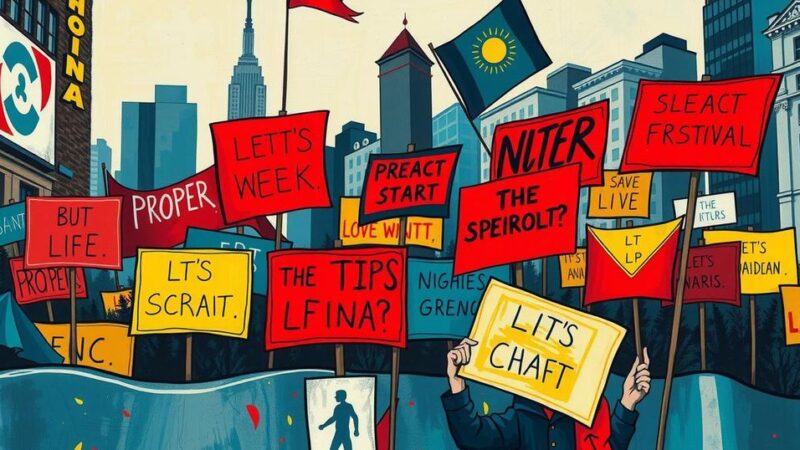Former President John Dramani Mahama is set to return to office after Vice President Mahamudu Bawumia conceded defeat in the recent election, driven by public dissatisfaction over the economic crisis. Mahama’s victory reflects a growing trend favoring opposition parties globally, particularly among young voters seeking change. His return is expected to address Ghana’s pressing economic challenges as the NDC also won a parliamentary majority.
John Dramani Mahama, the former President of Ghana, is poised to reclaim the presidency following the recent election in which Vice President Mahamudu Bawumia conceded defeat. After acknowledging voters’ desire for change and expressing respect for their decision, Bawumia reached out to Mahama to congratulate him as the newly elected president. Mahama, who previously served from July 2012 to January 2017, celebrates his comeback amidst economic discontent, pledging to revive the nation’s economy which has been struggling under the ruling New Patriotic Party (NPP).
The opposition, led by Mahama’s National Democratic Congress (NDC), has mobilized support, particularly among young voters frustrated by the economic crisis. Voter discontent was palpable during the election, impacting not only presidential choices but also parliamentary elections where the NDC secured a majority. As celebrations erupted among Mahama’s supporters, the election was conducted under the scrutiny of West Africa’s regional bloc, ECOWAS, which noted the overall peaceful nature of the voting process.
Mahama’s anticipated victory reflects a global trend favoring opposition parties amid incumbent dissatisfaction, paralleling similar shifts observed in various democracies worldwide. Political analysts are citing Mahama as the solution to Ghana’s economic woes, noting the priority voters placed on economic management and the importance of transparent governance. As Ghana navigates its worst cost-of-living crisis in decades, the demand for effective leadership has never been more critical, as articulated by observers of the election’s impact.
The recent presidential election in Ghana has emerged as a significant event, highlighting widespread public dissatisfaction with the ruling party’s management of the economy. The ruling party, the New Patriotic Party, has faced increasing criticism over its inability to address pressing economic challenges, attributing a substantial role in the electoral outcome. The election was set against the backdrop of West Africa’s political instability, with elections serving as a litmus test for democracy in a region recently fraught with extremist violence and coups. Mahama’s return reflects a broader movement within global politics, where incumbent leaders are increasingly being rejected for opposition parties, driven largely by economic concerns.
In summary, John Dramani Mahama’s victory is emblematic of voter frustration with the current administration’s handling of economic issues and a desire for renewed leadership. Mahama’s prior experience as president, along with his commitment to addressing the nation’s economic challenges, has positioned him as a favorable choice among the electorate. The electoral outcome signifies a critical juncture for Ghana, as it seeks effective governance amidst the current economic crisis.
Original Source: www.detroitnews.com






